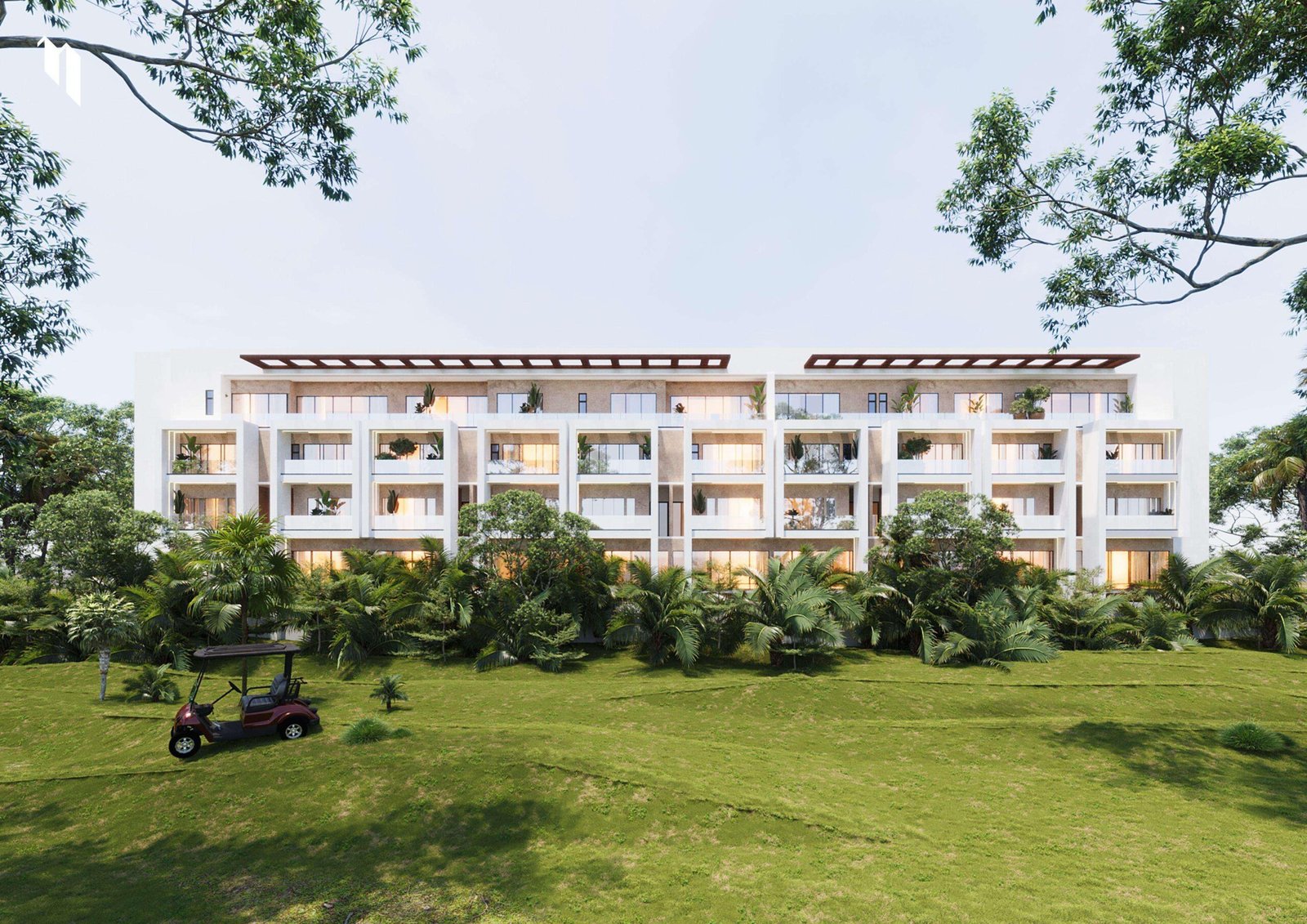6 THINGS TO LOOK OUT FOR WHEN GOING FOR A HOME INSPECTION

Going for an inspection can be tasking for buyers regardless of the experience one has. This is because there is more to a home than its design. It is important to look beyond the beautiful interior or exterior and take into account the building’s state of repair as much as you judge its layout.
Being thorough with your inspection pays in the long run, that’s if you’re serious about buying the property. Going for a few inspections and conducting simple maintenance checks would help make a difference between finding your dream home and stepping into a costly nightmare.
Here are a few things to look out for when going for a home inspection:
1 – STRUCTURE
The structural integrity of a home is the most important thing to look out for during an inspection. This is because if there is something structurally wrong with a home, it could be financially devastating, especially if you find out after investing. This is why it is advisable not to buy a home that is not structurally sound unless you are an investor looking to renovate the home, then you may be able to purchase the home for an extreme discount.
The structural elements of a home are the foundation, crawl space, slab or basement, framing, roof, and walls. For the most part, almost all homes have strong structural components but then certain things could cause structural issues such as natural disasters, poor construction, poor drainage, and settling. In these instances, it is best to consult with a structural engineer to ensure that the home is structurally sound and that an engineer’s seal can be obtained for resale purposes.
2 – THE EXTERIOR
What is the condition of the outside of the home? Has it been repainted recently? Are there any repairs needed? These are a few questions you need to consider when checking the exterior.
An inspection of the exterior paint should check whether there’s bubbling or peeling. It is also important to check other exterior fixtures that do not impact the property’s structural integrity, such as the condition of the ornamental trim, the rain gutters, the fences, sheds, decks, detached spaces, and garages retaining walls. Ensure that they are in good condition and are free of termite damage especially if these structures are made from wood. Also, if there are gaps in the exterior walls, they should be checked for insects and pests. This would help you know the extent of repair that would be needed for the exterior.
During an inspection, it is important to notice if any trees or structures are overlapping the property. This could cause serious problems for potential homeowners because it could damage the roof, leading to leakage. Look at the roof lines to check if they are straight and free from deflections.
3 – INTERIOR
The interior areas of a property may seem the most straightforward but then it is important to check certain things such as the rooms; get to know their measurements and if they are well ventilated, are there adequate electrical outlets in the rooms? Also, ensure that the doors and windows operate perfectly. You may also want to check if there are any strange odours coming from inside the home in general.
All walls, floors, and ceilings inside the home should be checked for the presence of stains, signs of insects or pests, and the overall condition. The deflections on the ceilings could be leakage or having a parachute appearance.
The internal wall plastering can be easily checked for fine hairline cracks (map cracking, as they take on the appearance of a map). These cracks are caused by the incorrect application of the wall plastering at the time of construction. If they’re found in one area of the property, they’re usually found elsewhere. The plaster can crack further and even come loose, especially when wall fixings for paintings are installed.
4 – PLUMBING
Plumbing issues can span in severity from a leaking faucet to the whole house plumbing system needing repair or replacement. Leaks that have been active for some time can lead to additional problems such as damage to flooring, subfloor rot, and mould. Check plumbing around the home to ensure that it is functional and comprises only quality materials.
To inspect the plumbing system, begin by checking for leaks around all fixtures and pipes. Try to ensure the water heater is functioning and up to code. Both the cold and hot water pressure should be tested by turning on multiple faucets. The bathrooms, areas around each tub, and shower should be inspected for water damage. Septic tanks and wells are an entirely separate issue and you will want to make sure you have those inspected as well if the home has either of those items!
The areas near plumbing fixtures should be given extra attention to check for moulds. This is because plumbing issues can cause moulds which are bad for your health due to the fact that it releases allergens into the air and causes respiratory issues such as asthma. Moulds can also result in damage to valuable possessions.
5 – ELECTRICAL
An electrical system inspection will typically test out all the light fixtures, outlets to ensure that they are grounded, and circuit breakers. While on an inspection, note down any issues you notice or reports of malfunctions. Electrical issues are very hazardous so it is smart to consult with a licensed electrician on anything electrical you may notice during an inspection.
Common problems found in electrical panels are double-tapping (two wires in one breaker) and improper breaker sizing. These are the kind of issues that should be corrected immediately as they are potential safety hazards. Loose outlets and flickering lights are also a cause for concern and faulty wiring can pose a significant danger to home occupants. Electrical issues are nothing to mess with so be sure to have an electrician come in and inspect the electrical issues in question!
6 – AMENITIES
An additional aspect that you should inquire about is the amenities promised. If the amenities mentioned by the developer haven’t been delivered, you shouldn’t have to pay for them separately. This could give you some room to negotiate for a lower price.
If the home is being sold with a full set of appliances or amenities as promised, then it would be wise to check them out in order to determine whether they are in good condition and are functioning properly.
IN CONCLUSION
Conducting a home inspection will definitely put the buyer’s mind at ease knowing fully well that the property in question is in good shape. Carrying out a home inspection can be helpful when negotiating in closing. It would also be helpful to the buyer as any potential maintenance or upkeep would be noticed ahead of time.
If a problem is uncovered during an inspection, this should not discourage you from buying the home. This would rather help you determine the value of the home and prevent you from overpaying or experiencing unwanted repairs in the future and depending on what is uncovered during an inspection simply work with the seller to resolve the issue as part of your offer.
If you are looking to buy a property in Lagos, our neighbourhood specialists can help you make the process hassle-free, from finding your dream home, planning a convenient inspection till you close that deal.
Call us today on +234 906 251 1340 or send us an email at hello@cwlagos.com



